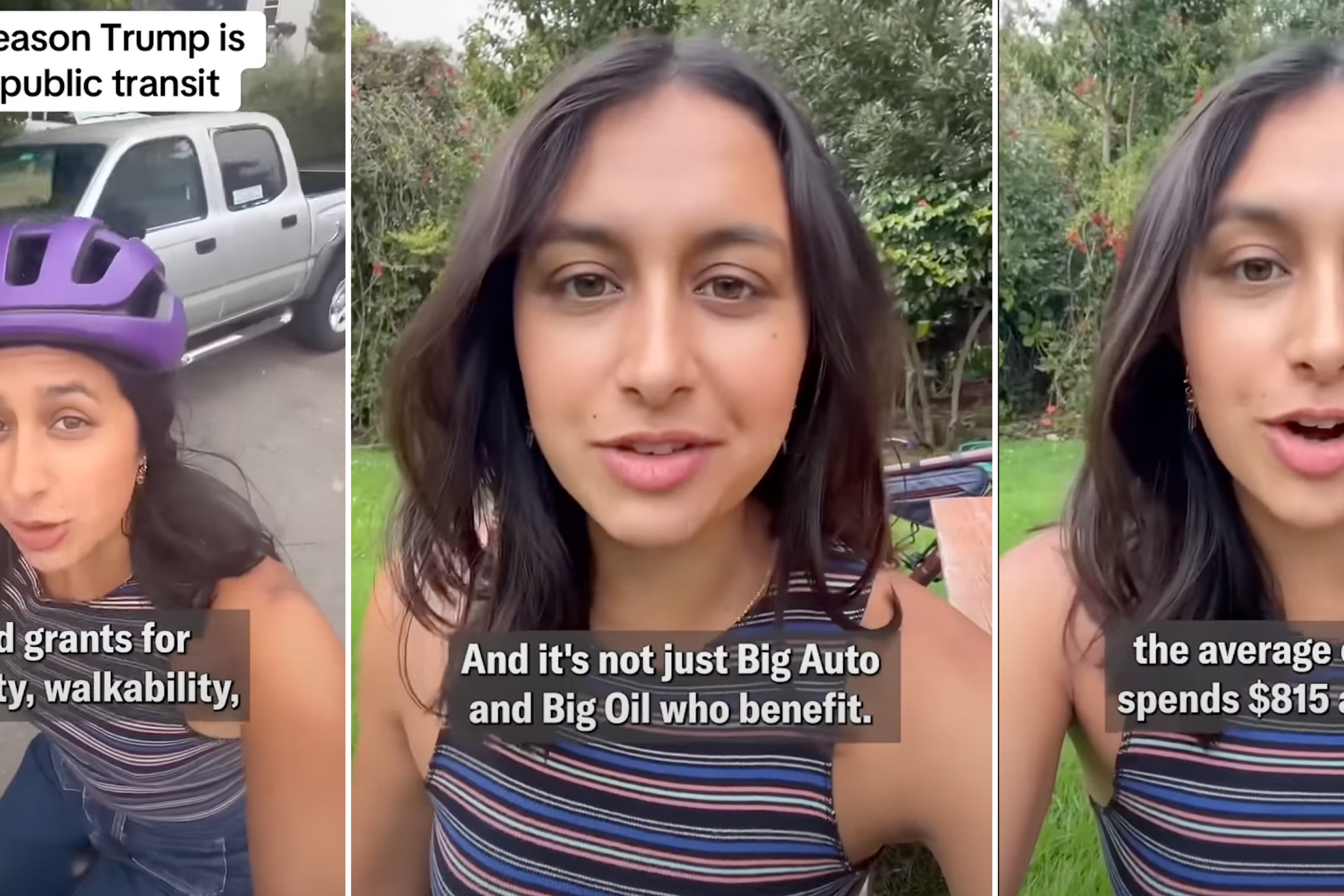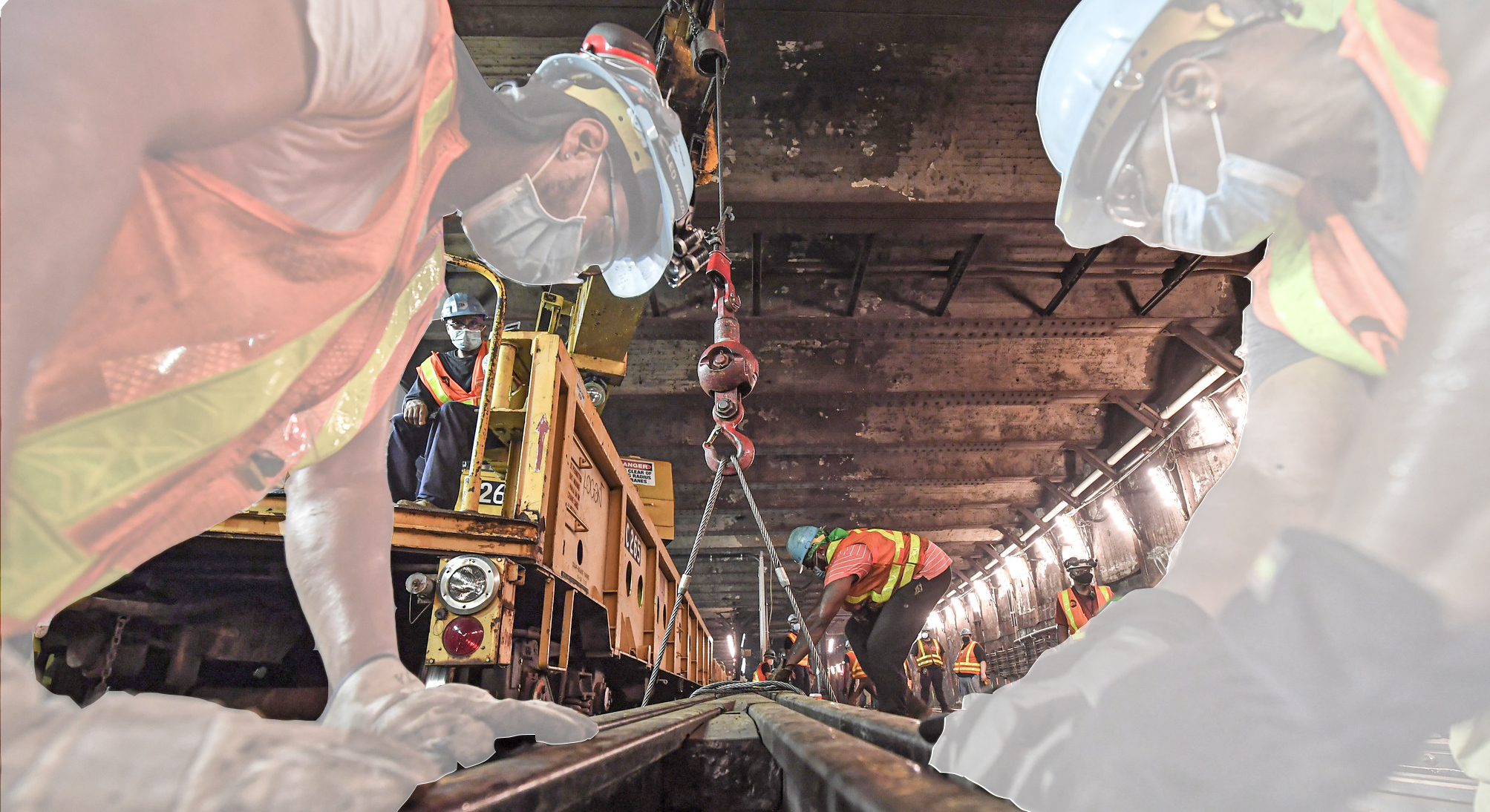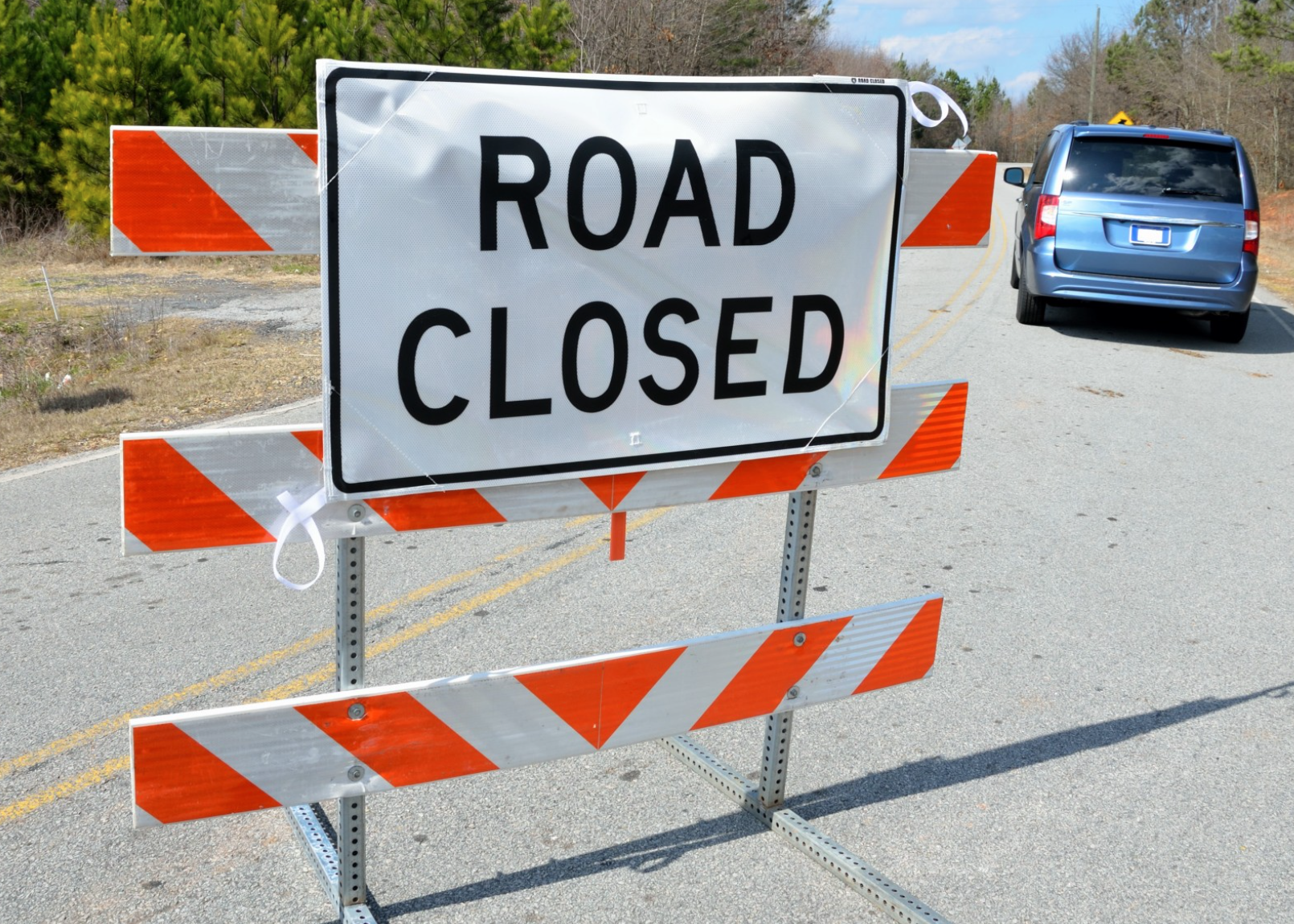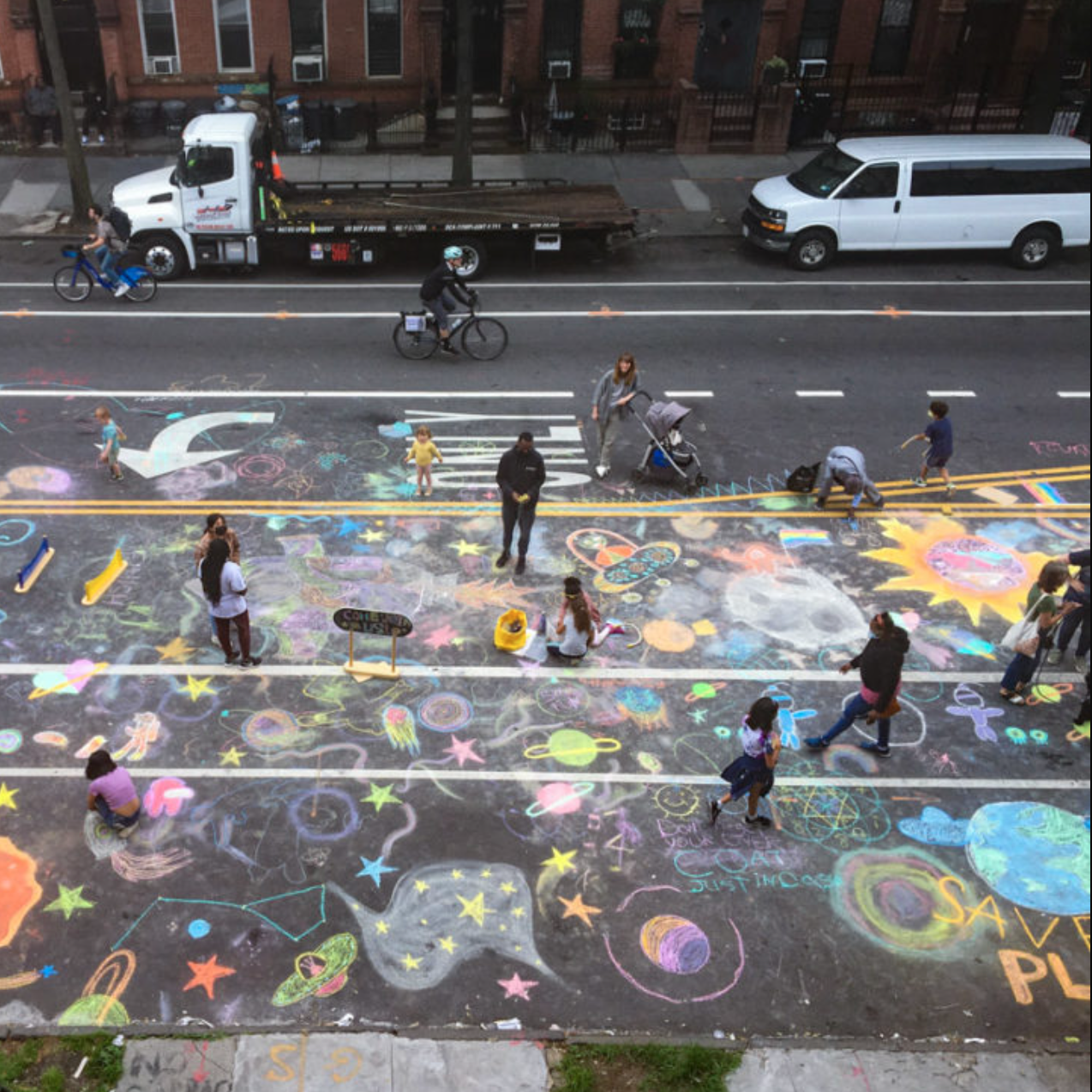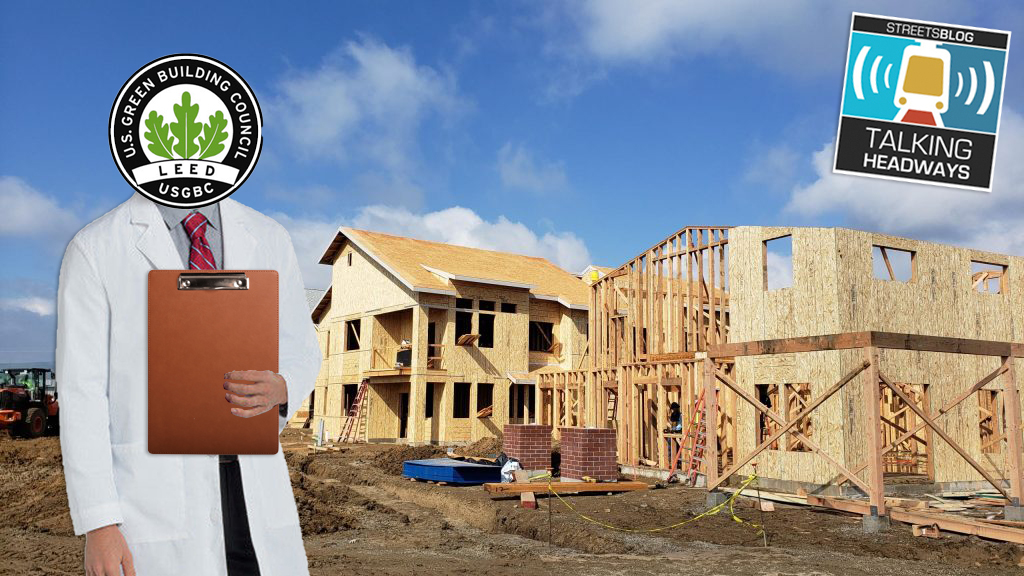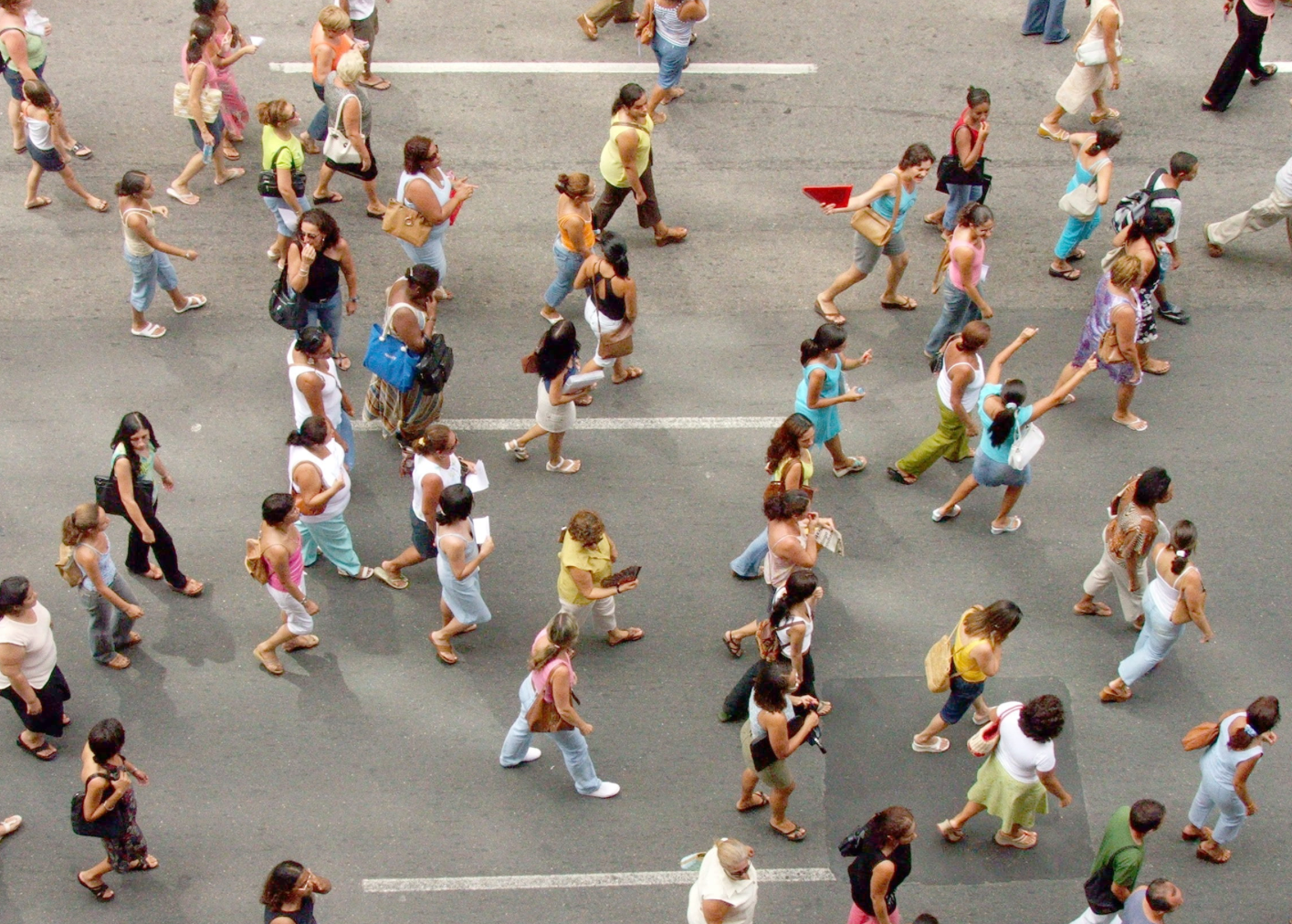Last summer, the Port Authority of New York and New Jersey raised EZPass tolls from $8 to cross a bridge into the city during peak hours to $9.50, with planned increases to $12.50 in a few years (cash tolls are increasing somewhat more). Tolls for five-axle trucks will rise as high as $125.
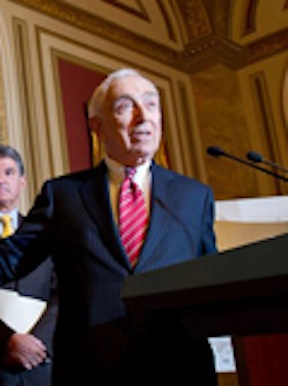
The hikes marked the first time the Port Authority had raised tolls since 2008, and the only the third since 2001. Nevertheless, congressional representatives from the area are making noise. Sen. Frank Lautenberg (D-NJ) and Rep. Michael Grimm (R-NY) teamed up today to announce a bill to increase federal oversight of road tolls.
The "Commuter Protection Act" would restore U.S. DOT’s power to determine whether tolls on interstate bridges and tunnels are "just and reasonable" and set lower maximum tolls if they deem it necessary. The agency had that power until 1987, when it was revoked during an era of deregulation. The bill would also require the Government Accountability Office to produce a report on the "transparency and accountability" of how toll rates are set.
“When it costs $12 to drive your car across a bridge in America [the rate for cash tolls], something is wrong,” Lautenberg said in a statement. “Commuters are suffering.”
Lautenberg has a strong pro-transit record, but in this case he may end up hurting transit by taking up the cause of constituents who drive into the city. For one thing, the tolls have led to a four percent drop in traffic across the Port Authority crossings, which is good news for bus speeds. Meanwhile, ridership on PATH trains has risen 3.7 percent.
It's still an open question whether the final draft of the bill will consider transit a “just and reasonable” purpose for tolling funds. There is currently no legal definition of "just and reasonable." Even if transit is covered, however, the bill could still do damage.
If the U.S. DOT were to actually intervene with the Port Authority, for instance, there would probably be less funding available for transit. Already, the Port Authority scrapped plans to build a much-needed new bus depot in Manhattan because Governors Chris Christie and Andrew Cuomo scaled back the latest round of toll hikes.
The main argument that the Port Authority toll hikes are not "just and reasonable" centers around whether toll revenues are being spent on non-transportation projects. The Port Authority had said that the revenues would help pay for redevelopment of the World Trade Center site. Last week, after AAA filed a lawsuit challenging the the toll hike, Port Authority officials then changed their tune, saying all funds would be dedicated to transportation.
Lautenberg’s office says they’re looking for transparency. He and Grimm say the revenues may just be going to bail out a “debt-stricken and mismanaged” Port Authority. But public agencies become "debt-stricken" in part because political leaders lack the will to raise fees and tolls.
The tolling debate comes amid a serious infrastructure-funding crunch, in which state and city DOTs are searching high and low for money – sometimes just for basic maintenance. Some are protesting federal rules against tolling existing highways as they seek funds to maintain those roads – or, in some cases, fund transit projects that could reduce wear and tear on those roads to begin with.
